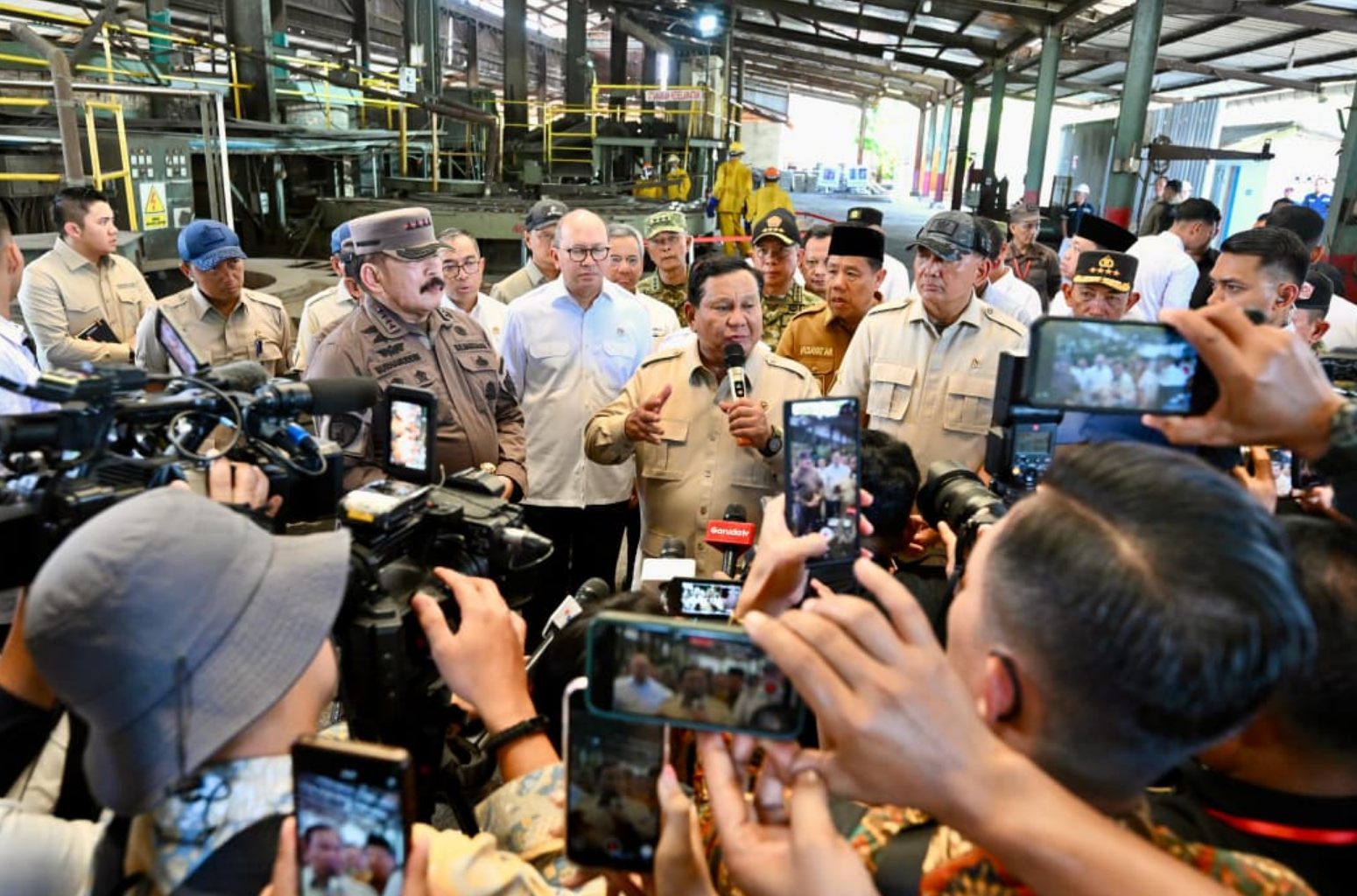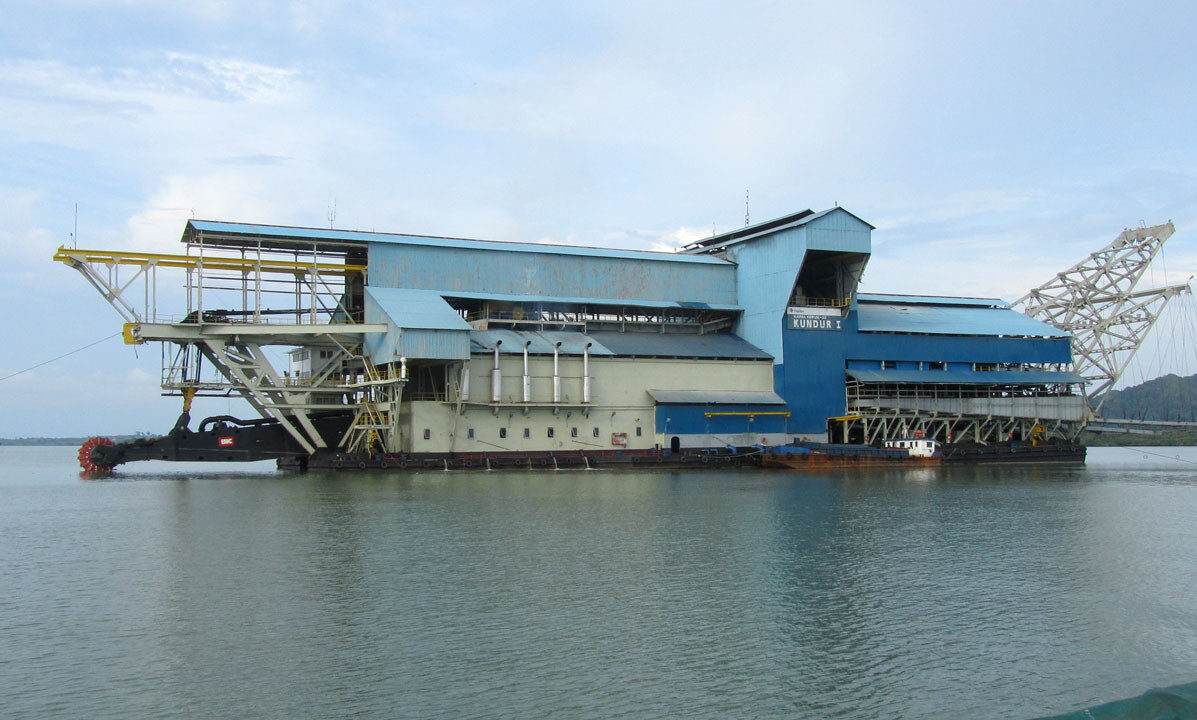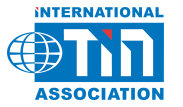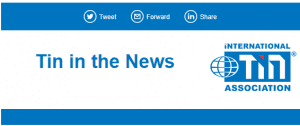
Indonesia’s President Prabowo Subianto formally handed over six previously-confiscated tin smelters to state-owned PT Timah in a ceremony on Monday amid growing market concerns about Indonesian tin supply.
The ceremony took place during Prabowo’s visit to Pangkalpinang, Bangka Belitung, at PT Tinindo Internusa (TIN), one of the six smelters seized by authorities last year as a part of the country’s investigation into historical corruption in the tin trade.
ITA estimates that the six smelters—PT Tinindo Internusa (TIN), PT Refined Bangka Tin (RBT), CV Venus Inti Perkasa (VIP), PT Stanindo Inti Perkasa (SIP), PT Menara Cipta Mulia (MCM), and PT Sariwiguna Bina Sentosa (SBS)—represented approximately half of the country’s refined tin production capacity.
Prabowo, accompanied by several cabinet ministers, emphasized that the seizure of these assets and transfer to the state demonstrates the government’s commitment to reforming Indonesia’s tin industry.
Referring to the government’s recent crackdown on illegal mining, the president said “We don’t need to be afraid to eradicate smuggling [and] illegal mining”.
The handover of these assets to state-owned enterprises is part of the ongoing legal process following the conclusion of the major investigation over the past two years.
Forestry Minister Raja Juli Antoni commented “The handover of state-confiscated tin assets led by President Prabowo not only aims to recover economic assets, but also the momentum to strengthen sustainable natural resource governance”.
“Strengthening the governance of the tin industry must be accompanied by environmental recovery in post-mining areas”, he continued.
Local media reports that the value of the assets transferred to PT Timah is more than IDR 1.45 trillion (approximately US$88 million).
This action follows a crackdown on illegal mining in Indonesia over the past month, which has seen raids on various companies alleged to be involved in the illegal extraction and smuggling of tin from PT Timah’s mining concessions (IUPs).
Tin prices have surged following widespread reporting of this crackdown and a slowdown in Indonesia’s output from June to August due to unrelated licensing delays.
However, Indonesian exports are now accelerating as licensing issues are resolved, and ITA anticipates a resumption in the recovery of the country’s tin output.

PT Timah’s RKAB (coal and mineral work plan) targets production of 22,000 tonnes in 2025, and the company intends to raise this to 30,000 tonnes in 2026, rising further to up to 80,000 tonnes in future.
The company is under pressure from the government to meet its production targets following two years of disruption.
The authorities and PT Timah have launched ‘task forces’ which aim to address illegal mining on the company’s mining concessions.
These efforts have sparked opposition from some local miners, with a demonstration taking place in Pangkalpinang at the same time as the smelter handover ceremony. Speaking with local press, some miners voiced concerns that companies were hesitant to purchase their tin within the context of the illegal mining crackdown.
A stock exchange announcement from PT Timah stated the protestors had a number of demands, including an adjustment to the local tin selling price. The announcement also said the incident resulted in damage to the company’s offices.
Local media reports that PT Timah has agreed to raise the company’s tin ore purchasing price.
Alongside Indonesia’s efforts to reform the country’s tin industry, regulators are planning to reverse the 2024 changes to the RKAB system.
For 2024, the Ministry of Energy & Mineral Resources (ESDM) replaced 1-year RKABs with 3-year RKABs, leading to delays in the January relicensing period, seeing zero exports of tin in the first two months of the year.
This change is expected to be officially reversed in the coming months, returning the RKAB period to one year only. Producers currently await official details and confirmation whether existing 3-year RKABs will be honoured or cancelled in the New Year.
Export licences, awarded by the Ministry of Trade, remain unchanged and valid for one calendar year.
Our view: The past two years have seen a reshaping of Indonesia’s tin industry and supply disruptions that have brought about considerable volatility to the global tin market. Fresh efforts to build a more sustainable tin industry in Indonesia, coupled with the government’s drive for ‘downstreaming’, highlight the importance of tin to the country’s economy. The transfer of confiscated tin assets to PT Timah will likely have a positive impact on the company’s operational performance and see more stable output from Indonesia as a whole.
PT Timah Tbk is a Member of the International Tin Association.


